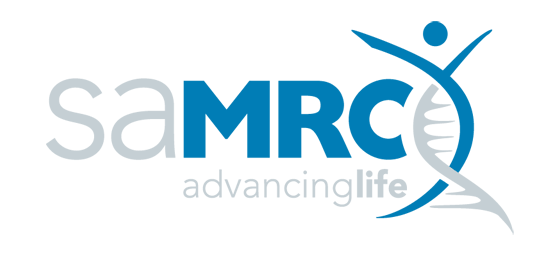Research Participants Wanted (Please note recruitment currently not active)

Take a look at some of our exciting new research studies currently underway at the SU/UCT MRC Unit on Risk and Resilience in Mental Disorders.
You can help us
① learn more about specific mental illnesses
② increase public awareness of these conditions
③ reduce stigma that sufferers still experience today
We can help you with
① a comprehensive diagnostic assessment that is cost free
② a discussion of possible treatment options (including participation in treatment trials)
③ an appropriate referral for treatment elsewhere
A project on obsessive-compulsive and hair-pulling disorder (trichotillomania)
This is an important clinical, genetics and brain-imaging study conducted by the MRC Unit on Risk and Resilience in Mental Disorders at Stellenbosch University in conjunction with researchers at Cambridge University in the UK. The study covers clinical aspects of these disorders – symptoms, illness severity, impact on the quality of your life, treatment history and childhood trauma history, while also looking at genetics and the structure of certain brain regions implicated in these conditions.
What is obsessive-compulsive disorder (OCD)? In DSM-IV (which is one of the major diagnostic tools used in practice), OCD was categorized as one of the anxiety disorders. In DSM-5 however, OCD now falls under a grouping of obsessive-compulsive and related disorders. OCD is a psychiatric disorder characterized by obsessions and/or compulsions. Obsessions are persistent, “self-generated” (i.e. not delusional or psychotic) thoughts or mental images that are time-consuming, cause significant distress or functional impairment. Compulsions, on the other hand, are repetitive mental (e.g. counting, repeating words) or behavioural (e.g. hand-washing, checking) acts that the person feels obliged to perform in an attempt to reduce the anxiety or distress or to prevent some dreaded event. However, compulsions are not inherently enjoyable, are often extremely time-consuming and do not result in the completion of a useful task.
What is hair-pulling disorder (HPD)? HPD is also now categorized as an obsessive-compulsive related disorder. It is characterized by recurrent pulling out of one’s hair resulting in hair loss, with repeated attempts to decrease or stop hair-pulling. The hair-pulling causes clinically significant distress or impairment in social, occupational, or other important areas of functioning.
How prevalent are these disorders in SA? OCD, together with other mental disorders like HPD, account for the 2nd largest portion on our national burden of disease after HIV/AIDS. The causality or “working” of these conditions is not yet fully established. It can therefore be argued that it is necessary to do research on disorders such as OCD and HPD, so that the symptomatology and the neurobiological underpinnings can be better understood and that improved treatments can be found.
Who can volunteer?
– Volunteers who are right-handed and aged between 18 and 65 years
– Persons with OCD or HPD
– First-degree relatives of persons diagnosed with OCD
– Healthy controls
How will it work? Participation involves attendance of 2 sessions, with the first session comprising of a screening interview, filling out of self-report questionnaires and taking a blood sample for genetic analysis. If suitable for brain imaging, participants are scanned during a subsequent session. Participants also complete a number of neuropsychological tasks in the form of computerized games. Participation is cost-free and participant information will be kept confidential.
Who to contact to take part? If you want more information or want to participate, please contact: Prof Christine Lochner 021 – 938 9179, e-mail: cl2@sun.ac.za for more information.
A Global OCD study
We are inviting adults with #OCD (or who suspect they have OCD), siblings of people with OCD, and healthy individuals to rise to the challenge of taking part and making a difference.
Read more about the study here: https://global-ocd.org/
Visit their Facebook page here: https://www.facebook.com/OCDRSA/
Who to contact to take part? If you want more information or want to participate, please contact: Prof Christine Lochner 021 – 938 9179, e-mail: cl2@sun.ac.za for more information.
Problematic Internet Use and Addictive Behaviours
Who to contact to take part? If you want more information or want to participate, please contact: Prof Christine Lochner 021 – 938 9179, e-mail: cl2@sun.ac.za for more information.




